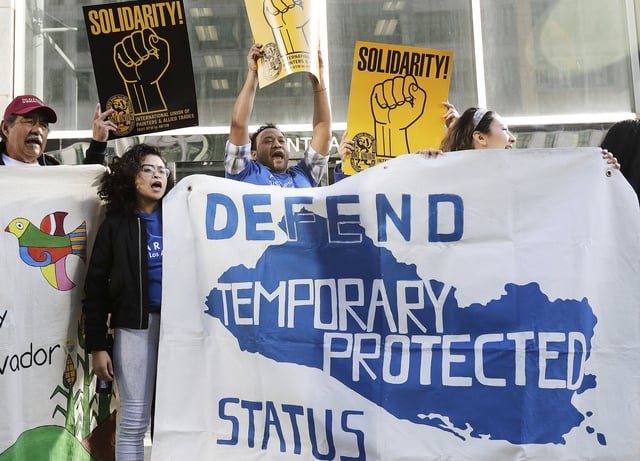Overview
- DHS published official notices on July 7 announcing the end of TPS designations for Honduras and Nicaragua effective early September, affecting roughly 72,000 Hondurans and 4,000 Nicaraguans.
- TPS was first granted in 1999 after Hurricane Mitch, offering temporary safety and work authorization but no path to permanent residency.
- The Supreme Court’s May decision allowing the revocation of Venezuelan TPS established a legal pathway for ending protections for other nationalities.
- Unless they secure alternative immigration status, beneficiaries will become subject to deportation when protections lapse.
- Migrant advocates and Democratic lawmakers warn the termination risks family separations and labor shortages, and they have already filed lawsuits to block the removals.



